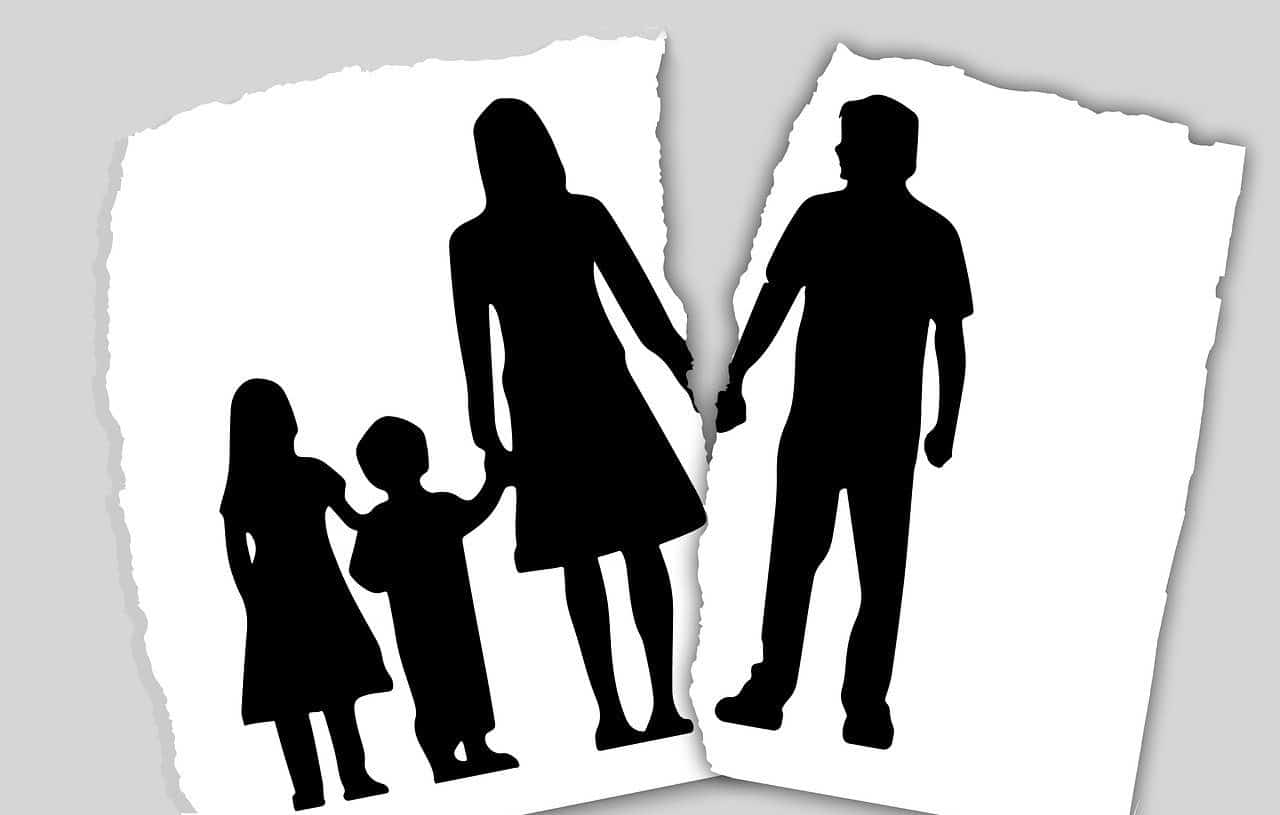
Family members usually maintain an emotional bond.
Family is a notion that describes the most general but at the same time most important organization of man, made up of a group of individuals united through kinship . These ties can have two roots: one linked to the affinity that arises from the development of a bond recognized at a social level (as occurs with marriage or adoption) or consanguinity (as occurs, for example, with the affiliation between a couple and their relatives). direct descendants).
It should be noted that the etymology of the word family has not been able to be established precisely. There are those who claim that it comes from the Latin fames ( "hunger" ) and others from the term famulus ( "servant" ). For this reason, it is believed that, originally, the concept of family was used to refer to the group made up of servants and slaves that the same man owned as property .
«Miguel said he felt very proud of his family: his parents, brothers, wife and children», «In my family we always dream of knowing the land of our ancestors», “He really enjoyed spending time with his family.” y«I have part of my family far away: my aunt and my niece live in Morocco» son ejemplos de expresiones que usan la noción.
Family according to the degree of relationship
It should be noted that in a family there are different degrees of kinship , which is why not all its members maintain the same type of relationship or closeness. The so-called nuclear family or family circle , to cite one case, only includes the mother, father and common sons and daughters. The extended family or extended family , for its part, has a greater scope since it recognizes grandparents on the part of both parents, as well as uncles and aunts, cousins, as part of the clan. and to other relatives (brothers-in-law, grandchildren, nephews, in-laws, etc.).
There may also be the case of a composite family , which is characterized by being made up not only of parents and children but also of people who have blood ties with only one of the members of the couple that has created that new family.

A divorce causes changes in family stability.
Social changes and new forms of organization
However, although in general these have been the most common types of family, it is necessary to emphasize that in recent times they have been changing. And the fact that society advances and brings with it certain modifications is reflected in areas like the one we are currently addressing.
Thus, for example, today it is also very common to find a single-parent family . This is one that is made up of a father or mother and their respective children. Widowhood or singleness are some of the reasons that give rise to this type of family.
In the same way, we also find what is known as stepfamilies . These are those that arise as a result of two single-parent families that come together as a result of the establishment of a romantic relationship between the parents.
And we should also mention what is called a homoparental family . It is about a homosexual couple, whether gay or lesbian, and their respective children. An example of this type of family would be the one formed by the great singer Elton John , her husband and the son they have.
These last three types of families are, as we said before, a clear example of the evolution of society and the changes that are experienced in it.
Beyond the group's composition, family dynamics have also changed over the decades. Raising children poses new challenges, for example, while achieving a balance between work and family life is also becoming increasingly difficult.
The family lineage or legacy, likewise, has lost social relevance. Family roles , likewise, are no longer static as they once were.

The role of the family in society has changed in recent decades.
The origin of the family according to Lévi-Strauss
In the words of the French anthropologist Claude Lévi-Strauss , marriage is the institution that gives rise to the family, an organization where there is a husband (or husband), a woman in the role of wife, and children born from that relationship. This clan, linked for legal, economic and religious reasons, is conditioned by multiple prohibitions and permissions of a sexual nature and bound by psychological feelings such as love, affection and respect.
It is also interesting to highlight that certain aspects of this definition have become outdated, since today the term family is usually extended to the place where people learn to protect and are cared for , even beyond their kinship relationships.
Nobody questions the importance of an adoptive family , to point out a reality. A child who grows up in a foster family builds as strong bonds with his relatives as one who grows up in a biological family. Family relationships, in these cases, can reach the same dynamics as in the rest.
